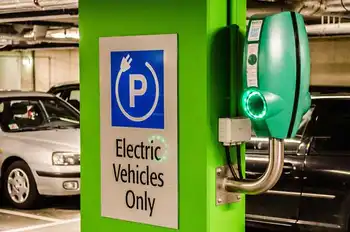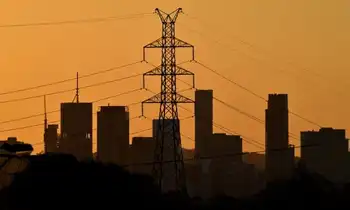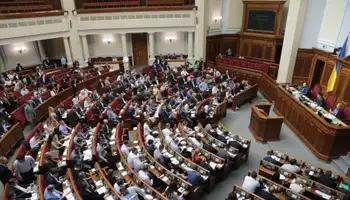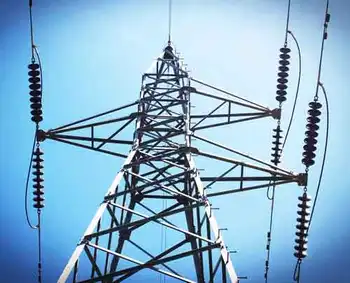Plan to End E-Vehicle Subsidies Sparks Anger in Germany

NFPA 70e Training
Our customized live online or in‑person group training can be delivered to your staff at your location.

- Live Online
- 6 hours Instructor-led
- Group Training Available
Germany EV Subsidy Cut triggers budget-crisis fallout in the automotive industry, after a constitutional court ruling; EV incentives end, threatening electromobility adoption, manufacturer competitiveness, 2030 targets, and demand amid Chinese competition and weak global growth.
Key Points
A sudden end to Germany's EV incentives due to a budget shortfall after a court ruling, hurting automakers and adoption.
✅ Ends buyer rebates amid budget crisis ruling
✅ Risks 2030 EV targets and industry competitiveness
✅ Weak demand and China competition intensify
The German government has faced a backlash after abruptly ending an electric car subsidy scheme in a blow to the already struggling automotive industry.
The scheme is one of the casualties of a budget crisis caused by a shock constitutional court ruling in November that upended the government's spending plans.
The economy ministry said Saturday that Sunday would be the last day prospective buyers could apply for the scheme, which paid out thousands of euros per customer to partially cover the cost of buying an electric car today.
A spokesman for the ministry admitted it was an "unfortunate situation" for consumers who had been hoping to take advantage of the subsidy, but it had no choice "because there is no longer enough money available."
Analyst Ferdinand Dudenhoeffer from the Center for Automotive Research warned the decision could have dramatic consequences amid a Europe EV slump already pressuring demand.
"The competitiveness of [auto] manufacturers will now be severely damaged," Dudenhoeffer told the Rheinische Post newspaper.
The Handelsblatt business daily had already warned that scrapping the scheme risked jeopardizing Germany's plans to get 15 million electric cars on the road by 2030, even though the EU EV share grew during lockdowns earlier in the pandemic.
"This goal was already considered extremely unrealistic. Now it seems completely illusory," it wrote.
In the UK, analysts warn that electric cars could cost more if a post-Brexit deal is not reached, underscoring wider market uncertainties.
A total of around 10 billion euros ($1.1 billion) has been paid out since 2016 under the scheme for around 2.1 million electric vehicles, according to the economy ministry.
Germany's flagship automotive industry, including Volkswagen, has been struggling with the transition to electromobility due to a weak global economy and low levels of demand.
In addition, it is facing a serious challenge from homegrown rivals in China, one of its most important markets, as France moves to discourage Chinese EVs with new rules.
"The Chinese are massively expanding their car industry because they have customers. Our manufacturers no longer have any," Dudenhoeffer said, as France's incentive rules make the market tougher for Chinese brands.
Germany's highest court decided last month that the government had broken a constitutional debt rule when it transferred 60 billion euros earmarked for pandemic support to a climate fund.
The bombshell ruling blew a huge hole in spending plans and plunged Chancellor Olaf Scholz's three-way coalition into turmoil.
After adopting an emergency budget for 2023, Scholz and his junior coalition partners battled for weeks before finally finding an agreement for 2024.











